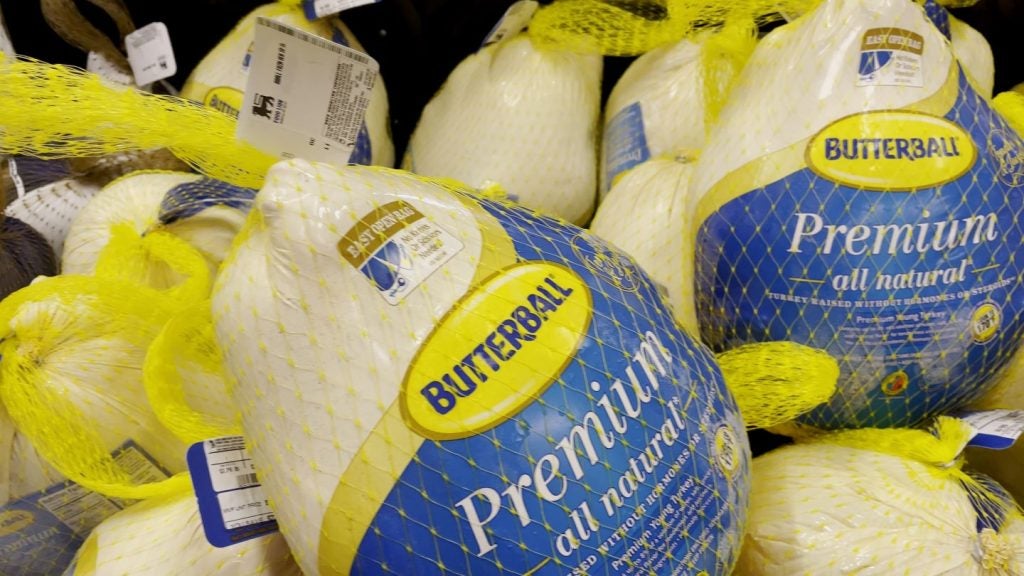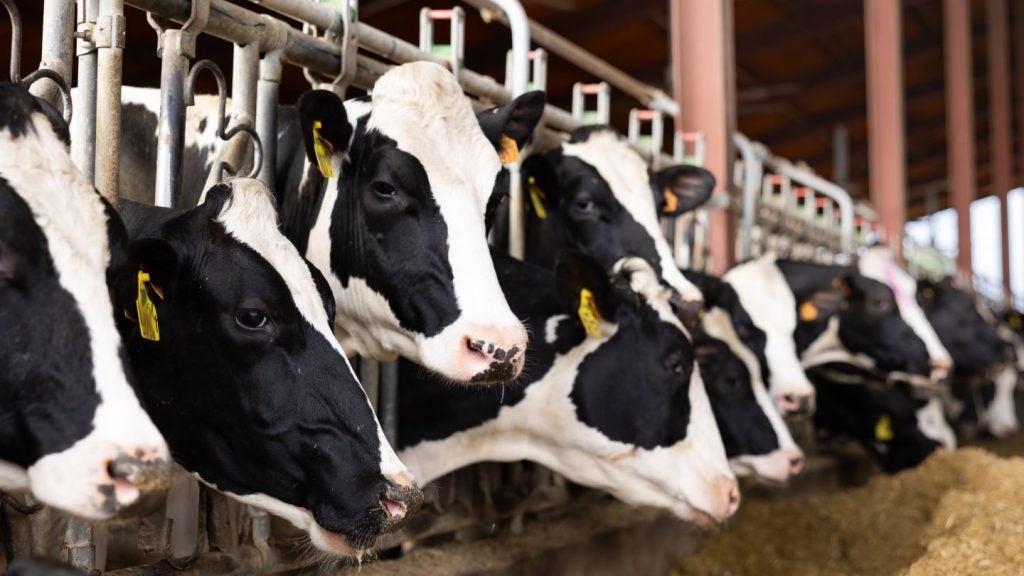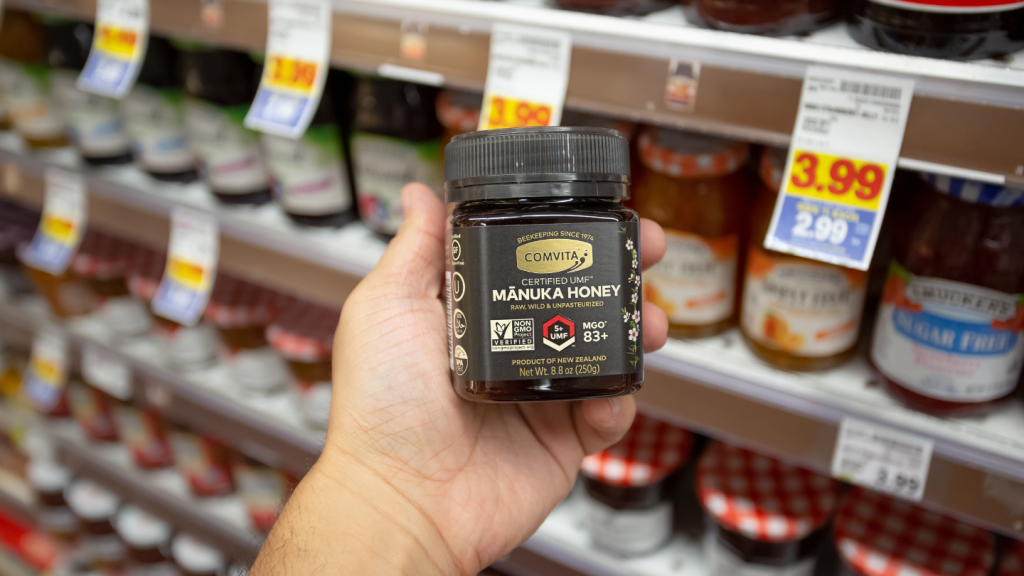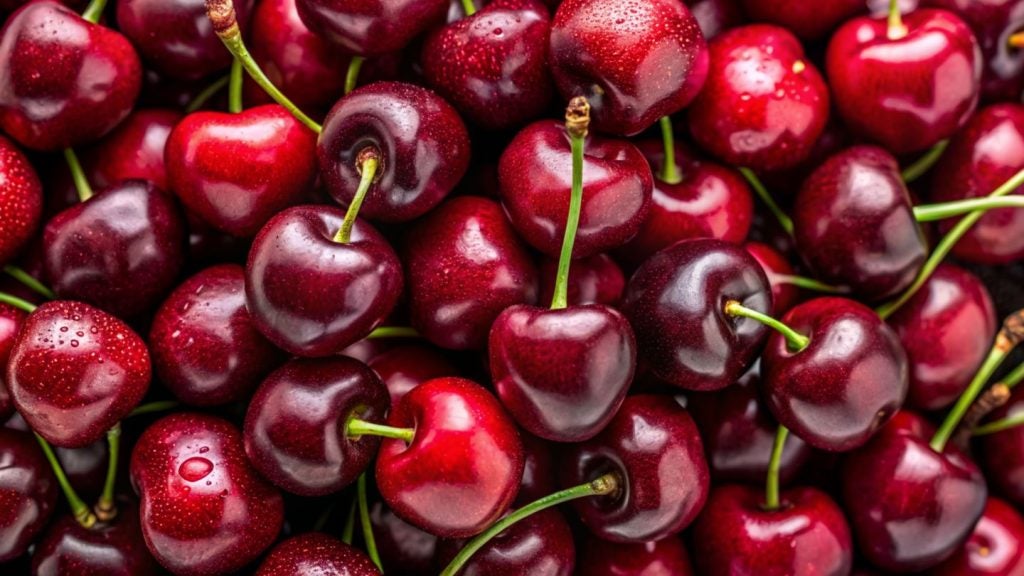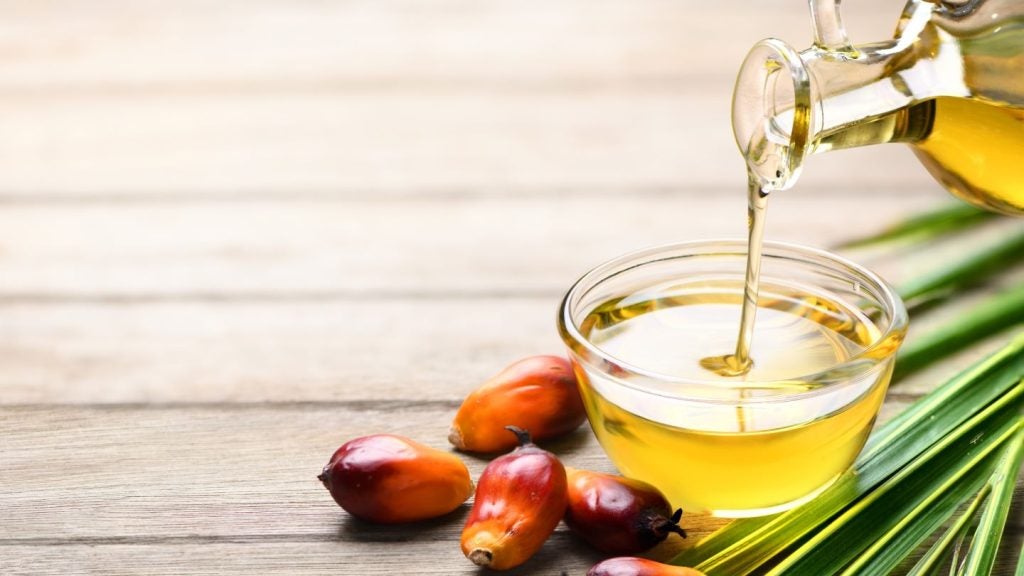Butterball, a US-based turkey processor, is shuttering its Jonesboro, Arkansas, processing plant in 2025.
The decision will impact around 180 employees.
The company issued a Worker Adjustment and Retraining Notifications (WARN) to local authorities regarding the planned closure on Wednesday (4 December).
Butterball said that production would be shifted to other facilities within its manufacturing network.
Company CEO and president Jay Jandrain said it was a “difficult decision” as “it will affect about 180 team members and their families”.
Just Food has asked Butterball for further details about the closure.
The plant in question handles the further processing of turkey products that have already been slaughtered and initially processed at other facilities.
In January 2021, the company announced plans to invest $8.7m in its two facilities situated in Ozark and Huntsville, Arkansas.
The Jonesboro facility will remain operational until 3 February 2023.
Butterball stated that workers “will continue to be paid through 3 February if they work through their scheduled end of service date in accordance with the WARN Act”.
They will also be eligible for a severance package and will receive medical benefits through the end of February, it added.
Butterball said it is working with Arkansas Workforce Services to provide “workforce support services”, including job fairs, resume-building workshops, and interview classes.
This development comes amidst a wave of lay-offs in the American meat and agri-food areas.
US meat heavyweight Tyson Foods is set to shut three facilities in its domestic market to ““increase the efficiency”.
The closures include two sites in Pennsylvania and one in Kansas, affecting a total of over 1,000 workers.
Tyson's two facilities in Philadelphia will close by the end of January, impacting 229 staff members.
Additionally, Tyson will shut down a beef and pork site in Emporia, Kansas, in February, which employs more than 800 workers.
Meanwhile, agri-food giant Cargill said it plans to cut 5% of its global workforce, equating to approximately 8,000 jobs.
Without providing any details, the world's largest agricultural products company stated that the job reductions are part of its “long-term strategy” introduced this year.


